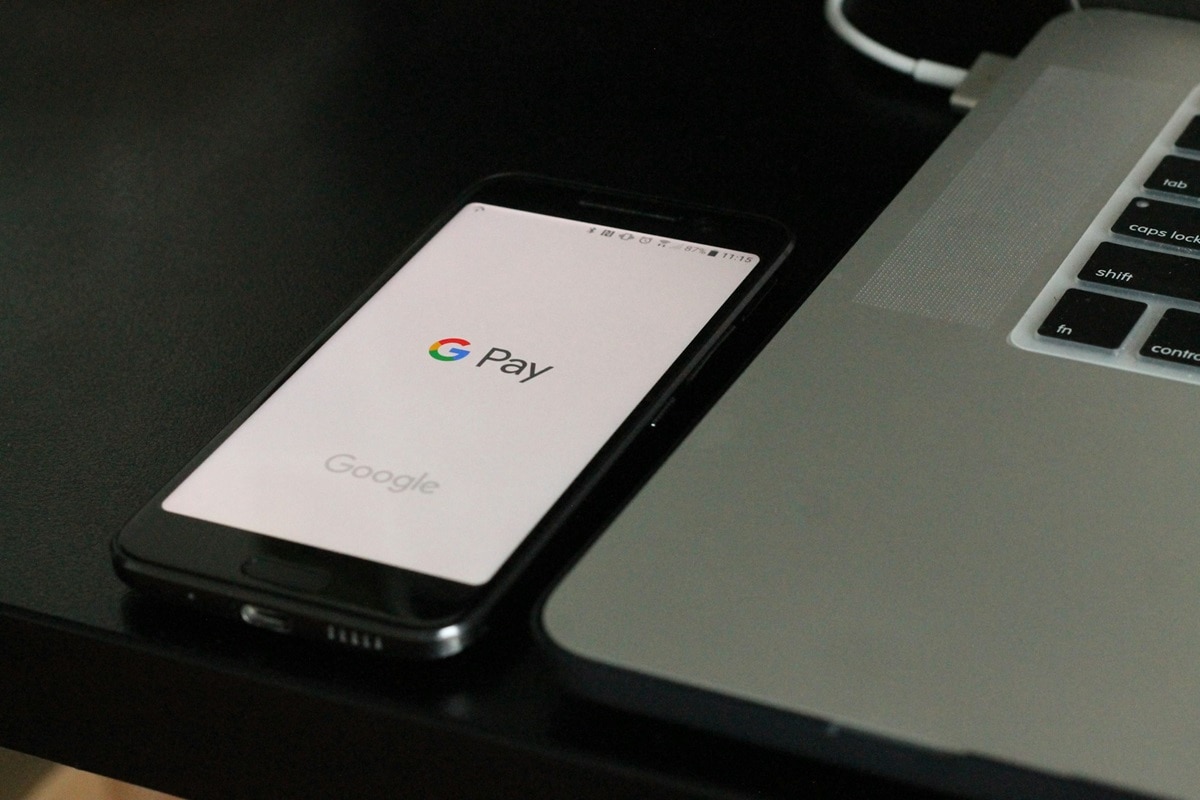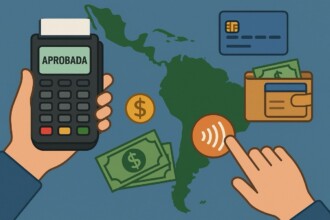Google Pay has presented several new offers through the Indian United Payments Interface (UPI).

The technology giant announced the launch of new features on its blog after completing the Global Fintech Fest in Mumbai. Google stated that the announced solutions will help bring ease, convenience, and simplicity to the practice of interaction of the South Asian country with the payment environment and the finance industry.
One of the new offerings from the technology giant in India is UPI Circle. This solution has been integrated into Google Pay. The corresponding feature is designed to help users’ loved ones make digital payment transactions without having to link their own bank accounts.
In a message published on the technology giant’s blog, it is noted that even though UPI has undoubtedly simplified virtual financial operations, in the South Asian country, part of the population makes a choice in favor of cash or does not dare to interact with the mentioned functional system for certain reasons, among which, for example, limited access to banking services.
UPI customers on Google Pay will be able to add friends or family members to their user circle. In this case, it is possible to approve each payment transaction. There is also a solution available to users to grant their friends and family members permission to independently perform financial transactions. It is worth noting that in this case, payment transactions are meant, the amount of which does not exceed a set limit.
Moreover, Google announced the expansion of the UPI voucher program. As part of this functional solution, users are allowed to make digital payment transactions. Consumers receive a prepaid voucher linked to their mobile phone number. Owners of the mentioned vouchers will be able to use any app that supports UPI, including Google Pay. It is worth noting separately that in this case, it is possible to pay for all supported merchant transactions. At the same time, there is no need to link a bank account to UPI. The relevant information is contained in a message posted on the technology giant’s blog.
It is worth noting that UPI vouchers were originally intended to pay for coronavirus vaccination and eventually transformed into a universal payment solution for various use cases.
Google has also launched support for ClickPay QR in the Google Pay app together with NPCI Bharat Billpay. In this case, users can pay bills through the mentioned digital platform, which is part of the digital ecosystem of the technology giant. As part of the corresponding functional solution, it is enough for consumers to simply scan the ClickPay QR code. In this case, the operations algorithm does not provide for the need to remember account details or lengthy identification data.
In May, Google opened its digital wallet to users in India. It is worth noting that the South Asian country is currently the most populous in the world. When launching a digital wallet in the Indian market, the technology giant emphasized the desire to provide a localized experience. Google also said that it initially collaborates with more than 20 leading brands in the South Asian country. Moreover, the technology giant has stated that it offers the widest list of digital wallet partners in India. The corresponding statement was published on the blog of the company. Google also stated the intention to expand the number of its partners.
It is worth noting that the willingness to use digital wallets as a virtual platform for storing sensitive documents varies depending on user groups, which differ based on various factors, including age, social affiliation, country of residence, and financial and material situation. For example, in the United States, according to the results of a special survey, it was found that 51% of residents are either to some extent or very strongly interested in the storage functions that digital wallets offer.
At the same time, in the US, among baby boomers and seniors, 78% demonstrate an interest in the mentioned functional solution, ranging between slight and none. At the same time, young users are more ready to use digital wallets as virtual platforms for storing documents. In this case, one of the factors impacting consumer choice is what can be described as the specifics of the generation’s thinking. Traditionally, older age groups are less enthusiastic and more skeptical about innovations that eventually become part of their daily lives. Also, in this case, digital literacy is of particular importance, which allows people to perceive technological developments without any prejudices, including in some sense mythologized ones. Moreover, the overall level of digital development of a society can sometimes be an impact factor on the willingness to interact with digital wallets. Human psychology has a kind of innate tendency to be suspicious of the unknown. For this reason, digital innovation adoption in a social environment that has limited experience of interacting with virtual space as a functional environment will be slower compared to the most likely pace of the corresponding process in societies characterized by a higher level of technological progress.
Returning to the topic of Google’s activities in the fintech industry of the above-mentioned South Asian country, it is also worth mentioning that in the current year, the technology giant announced cooperation with the National Payment Corporation of India (NPCI). The purpose of the mentioned interaction is to expand the use of UPI. In this case, it is envisaged to launch a payment solution outside India. The possibility of using the UPI infrastructure to simplify remittances between nations is also being discussed. Deeksha Kaushal, director of partnerships for Google Pay, says that the mentioned payment system has demonstrated to the world the changes that are taking place in the economy against the background of the introduction of an interoperable digital infrastructure across the entire population. Also in this context, it was noted that every economic system that joins such networks will have an impact exceeding the sum of parts.
As we have reported earlier, Google Pay to Reimburse the Price Drop Difference for Travelers.









